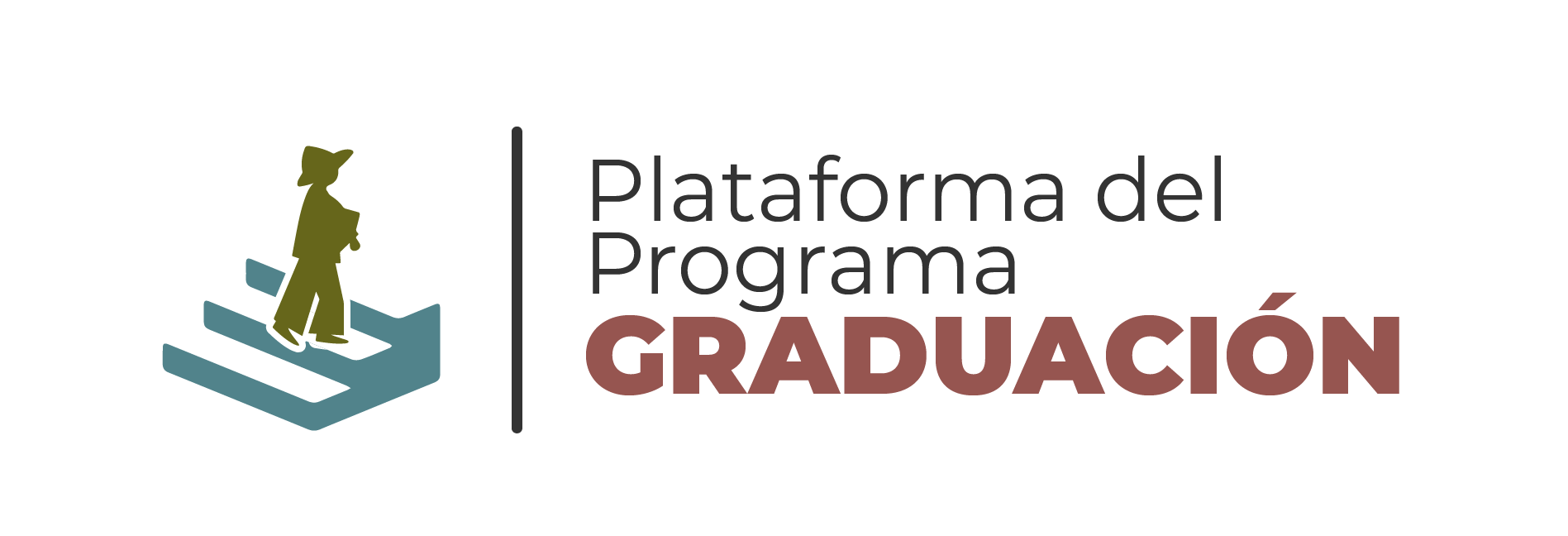S.O. Familia por Familia (SOF) - Paraguay


Documentos
Nombre del Programa:
Sembrando Oportunidades Familia por Familia (SOF)
País:
Paraguay
Departamentos:
Distrito de Capiibary y Chore en el departamento de San Pedro.
Distrito de Carayaó en el departamento de Caaguazú
Fecha inicio:
Diciembre de 2015
Fecha finalización:
julio 2017
Duración:
18 meses distribuidos
Piloto:
Si
¿Se contempla escalonamiento?
Sí, ya está en ejecución
¿Componente de un programa más grande?
Sí, hace parte del Programa Nacional de Lucha contra la Pobreza, Sembrando Oportunidades
Hogares participantes:
776 (enero, 2017)
Mensajes principales
-
En este caso, el programa logró proporcionar herramientas, tanto físicas como psicológicas, a los hogares para que comenzaran sus propios proyectos productivos, reduciendo las barreras externas e internas para superar la pobreza.
-
Los incrementos en horas de trabajo y en el ingreso laboral de los participantes muestran que el programa logró empoderar a los participantes para generar un ingreso para sus familias. Esto junto con el incremento en activos y ahorros, y la ausencia de incremento en consumo, sugiere que los participantes utilizan el incremento en ingresos para reinvertir en su proyecto productivo.
-
Aunque no hubo cambios significativos en el ingreso de los hogares, la disminución de ingresos por trabajos no agropecuarios y el incremento del ingreso por actividades agropecuarias propias sugiere que los hogares presentaron una transición hacia una generación independiente de ingresos.
-
Estos efectos se ven acompañados de una mayor percepción de bienestar de los participantes.
Objetivos del programa
Promover un proceso de inclusión social y económica de familias en extrema pobreza en coordinación con el sector privado, fortaleciendo cadenas de valor inclusivas, la promoción de la participación social de los pobres extremos y el fortalecimiento de sus organizaciones.
Criterio de Focalización

¿Por zona de residencia (urbana, rural, mixta)?
Rural
¿Por mujeres?
No
¿Por línea de pobreza?
Pobreza extrema
¿Otra situación de vulnerabilidad?
No
Entidades


Otras instituciones
Financiación
Agencia Española de Cooperación Internacional para el Desarrollo (AECID)
Ministerio de Agricultura y Ganadería (MAG) – Proyecto de Desarrollo Rural Sostenible (PRODERS)
Entidades de apoyo
Servicio Nacional de Promoción Profesional
Ministerio de Hacienda (Programa Pensión Alimentaria para Adultos Mayores)
Secretaria de Acción Social (Programa Tekoporá)
Banco Nacional de Fomento
Evaluaciones
Evaluación No. 1
Institución implementadora: CADEP
Tipo: Evaluación de Procesos
Objetivo: Evaluar la operación del programa de graduación de Sembrando Oportunidades en los tres distritos en que se encuentra a partir de un análisis sistemático de su operación, para identificar cómo sus procesos y actividades conducen al logro de los productos definidos en el diseño, y para detectar cuellos de botella y buenas prácticas en la aplicación de procesos y actividades.
Herramientas:
- Revisión documentación secundaria
- Entrevistas a entidades y actores relevantes a nivel nacional y local (STP, FK)
- Entrevista a coordinadores zonales y promotores
- Encuesta a coordinadores zonales y promotores
- Entrevista/grupos focales a participantes
Evaluación No. 2
Institución implementadora: CEDE, STP y CADEP
Tipo: Evaluación de Resultados
Objetivo: Comparar el desempeño de los participantes en dimensiones previamente definidas (e.g., ingreso, consumo, etc.) antes y después de la transferencia de activos contemplada en el programa.
Herramientas:
- Encuesta a Participantes
- Entrevistas/grupos focales a Participantes
Institución implementadora

El Centro de Estudios sobre Desarrollo Económico (CEDE) es uno de los primeros y principales centros de investigación y consultoría económica y social de Colombia. Reconocido por la calidad e innovación de sus investigaciones, por contar con un equipo de profesionales en la investigación y docencia altamente calificado y por su impacto en los temas de política pública en Colombia y en la región.

El Centro de Análisis y Difusión de la Economía Paraguaya (CADEP), fundado en 1990, es un organismo no gubernamental, sin fines de lucro y de bien común, dedicado a la investigación, capacitación y difusión en el campo de la economía y de las ciencias políticas.
equipo de trabajo
 Jorge Maldonado Investigador Principal |
||
 Viviana León Jurado Investigadora y |
 John Gómez Investigador |
 Daniel Rodríguez Asistente de investigación |
 Verónica Serafini Investigadora Principal |
 Lis García Investigadora |
|




